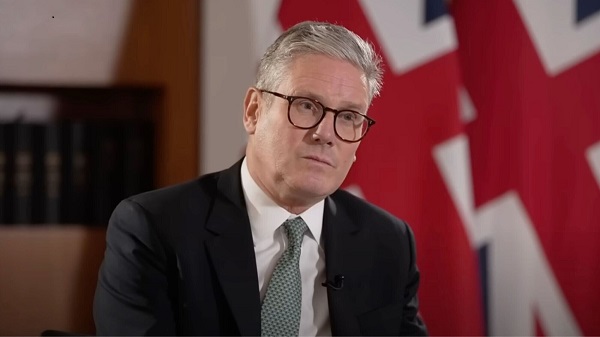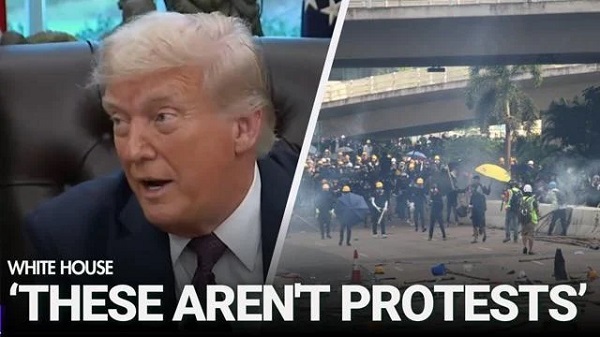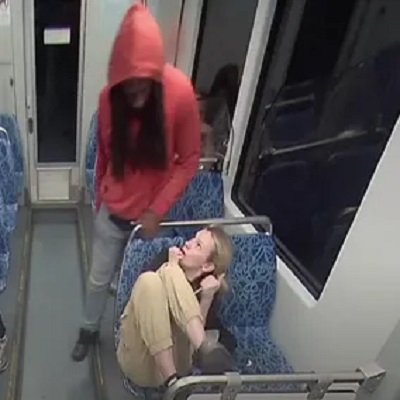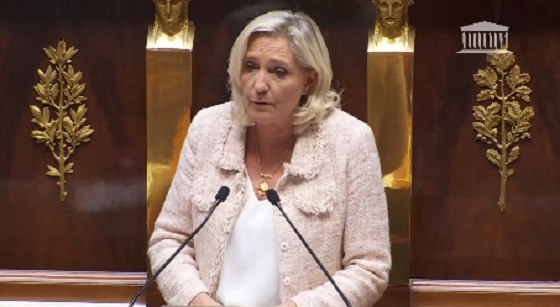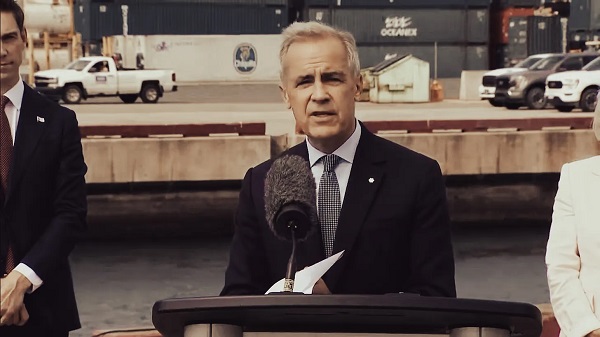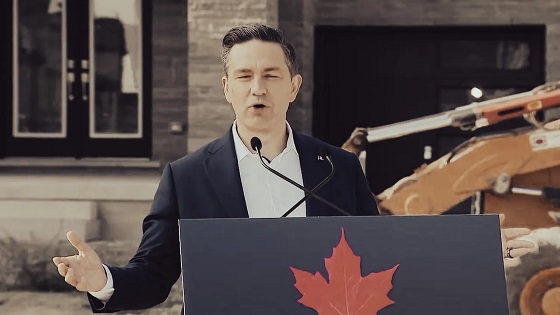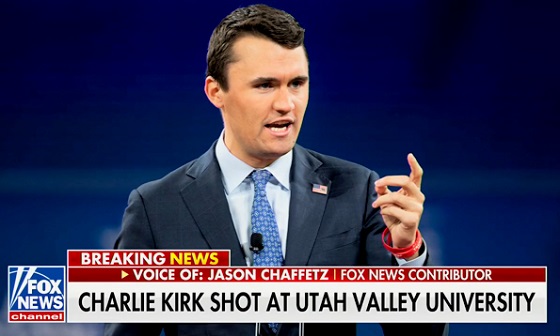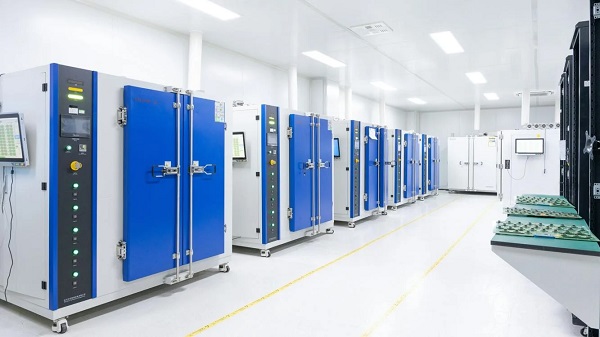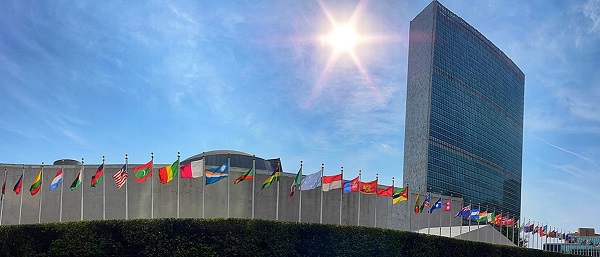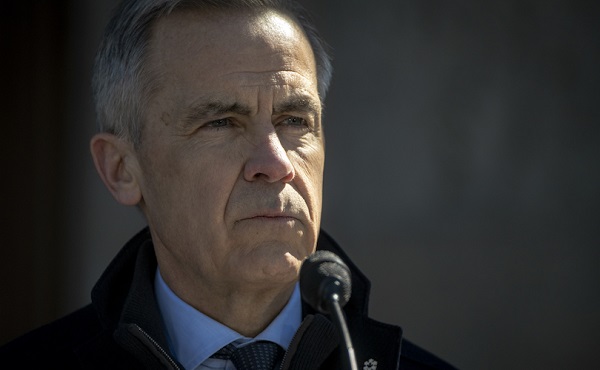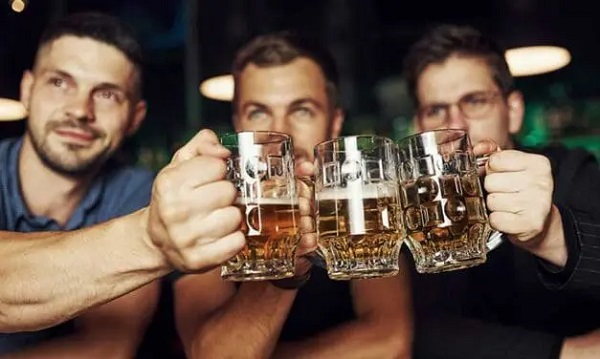From The Center Square
President Donald Trump is “100%” on board with designating Antifa a domestic terror organization following a rise in left-wing violence.
The Center Square asked the president Monday afternoon in the Oval Office if he would designate the organization a domestic terror organization following a spate of political violence, including the assassination last week of conservative activist Charlie Kirk.
“I would do that 100% and others also, by the way, but Antifa, is terrible,” the president responded to The Center Square during an Oval Office event.
The president didn’t stop with Antifa; he may also said he’d consider designating other groups, but wouldn’t indicate others by name. He said he’s talked with Attorney General Pam Bondi about bringing federal RICO (Racketeer Influenced and Corrupt Organizations Act) charges against some of these organizations and their donors.
“There are other groups, yeah, there are other groups. We have some pretty radical groups, and they got away with murder. And also, I’ve been speaking to the Attorney General about bringing RICO against some of the people that you’ve been reading about that have been putting up millions and millions of dollars for agitation,” Trump said. “These are protests. These are crimes. What they’re doing, where they’re throwing bricks at cars of the of ICE and border patrol.”
Trump made the announcement during an event to announce a crime emergency in Memphis, Tenn. Several members of his administration, including Bondi, Homeland Security Secretary Kristi Noem, Department of War Secretary Pete Hegseth, and FBI Director Kash Patel, were present.
The president briefly asked the group, specifically the attorney general, for approval of the proposal, to which she nodded in agreement.
Antifa is a left-wing political group, short for “anti-fascist,” that has taken root across the country, especially in the Pacific Northwest. It has been blamed for several violent protests, in some cases involving government buildings.
